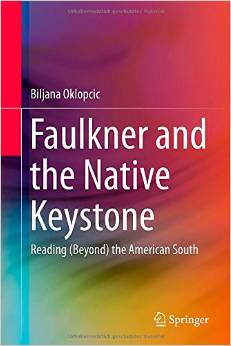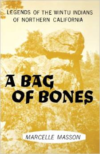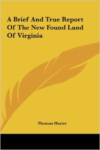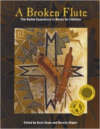Description
The last fifty years have witnessed a never-ending flow of criticism of William Faulkner and his fiction. While this book touches on the prevailing critical theory| it concentrates on a number of fresh observations on themes and motifs that place William Faulkner s fiction in general| regional| global and universal contexts of American and Western literature. Paying special attention to themes and motifs of racism| sexism| women’s education| myths and stereotypes to mention just a few the book analyzes Faulkner s ability to write and to be read within and beyond his native keystone his South. Coming from a non US-Americanist perspective| this contribution to the scholarly literature on William Faulkner discusses his best-known novels| contends that regionalism| internationalism and universalism are the context of his fiction and argues for feminist| post-colonial| and psychoanalytical approaches to it. The book is intended for scholars in the field of American literature| American Studies and Southern Studies as it covers the South s complex history| its peculiar cultural institutions and the daunting body of international critical studies that has flourished around the novels during the last five decades. Graduate students will also find this book useful as it analyzes and interprets the novels and short stories of one of the greatest American novelists of the 20th century in an easily understandable way| offering new and fresh readings on (1) race and gender stereotypes present in American and European culture and literature| (2) conventions of family/genealogical fiction/drama and (3) universal life situations and feelings.”






Reviews
There are no reviews yet.